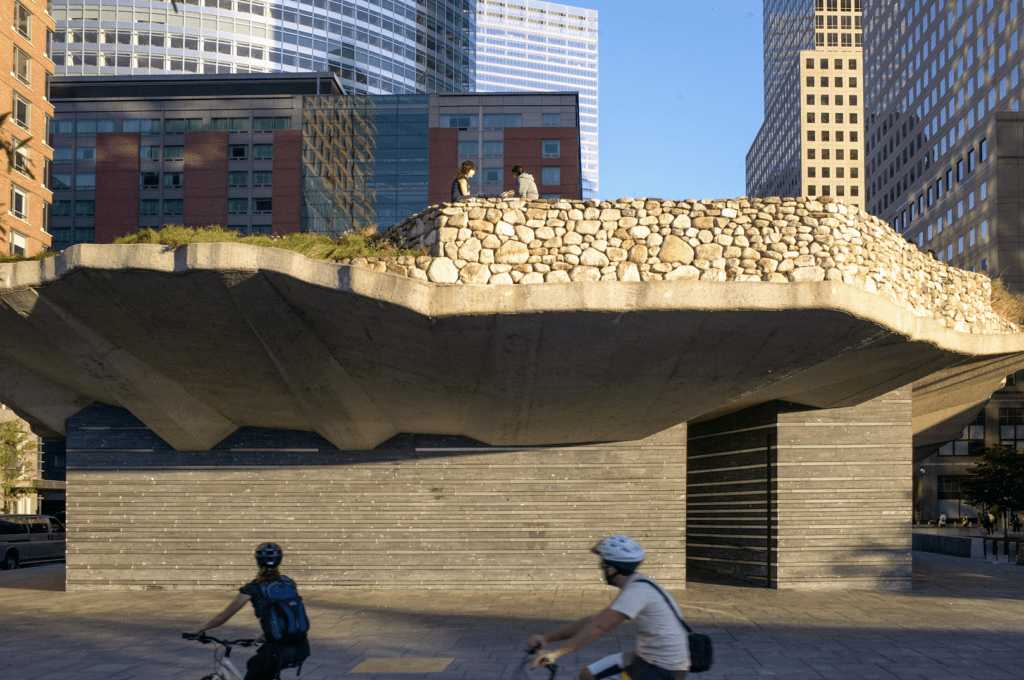
Anniversaries are for remembering. Today is St. Patrick’s Day, the “wearing of the green” annual celebration of the 31.5 million Americans, (just under 10 per cent of the U.S population) who claim Irish ancestry. Since my mother was raised by her Irish grandmother, who left Ireland with her husband and their first child during the time of “the Great Hunger,” I’m up on some of the details that caused 1.5 million adults and children to leave their Irish homeland in the mid-1850s. Another name for this event is “The Potato Famine,” because this mass exodus was due to the failure of the main crop people depended on for food. One million people starved to death or died over a five-year period of diseases caused by malnutrition, and by the fact that the English government provided little to no relief. A hundred thousand people died on the ocean crossing in what became known as “coffin ships.” Survival of one’s ancestors is worth celebrating, and what they survived is a cause still caring about.
Two years ago, the St. Patrick’s Day parade was cancelled when the world as we knew it shut down, due to the SARS-CoV-2 virus. Where were you when the shutdown occurred? How have you been impacted?
I was on the computer in my dance studio, and I remember staring at the screen, and talking out loud to myself. “Given your age, you may never be able to leave this room, Missy, I said in what I hoped was a firm enough, no-nonsense voice. “If you want a life. If you want to make a contribution, it’s gonna have to be through the tiny little boxes on this screen. I’m still amazed that I could become savvy enough, with the help of friends, to transfer what I was doing in real life to the online platform. I’m still even more surprised that connecting that way works for students, clients, and even family members. I know many students didn’t fare as well, but when I jumped online to help my then 8-year-old granddaughter, who was being homeschooled by her parents, we began having a grand old time. I’ve gotten to be a part of, and witness to, her developing confidence in her reading and writing skills, and our relationship has really benefited.
Anniversaries are for reflection, to make sense out of what happened. Though the impact from Covid has not been equitable or equal, few lives have been untouched. One and a half million people in the U.S have died, five million world-wide. I am grateful that I did not lose a family member to Covid, though it’s a small wonder how that was possible, since before the vaccine, my elderly sister was in a nursing home which was a place where many deaths occurred country wide. Some family members did not ever get vaccinated, and some, both vaccinated and not vaccinated, got Covid, but thankfully survived. For every person who died, there are, on average eight other people strongly affected by their death, so 12 million people in this country have lost loved ones, 40 million have lost loved ones world-wide.
Now still fresh from our own brushes with death and disease, we see daily images streaming across our screens, of millions of Ukrainian people being driven from their homes by Russian weapons of destruction. Patients in hospitals must leave as bombs fall. Families lose their homes and become refugees while neighboring countries are called on to provide shelter. The inhumanity of it all reminds us that, as the 60s poster with the sunflower proclaimed, “War is not healthy for children and other living things.”
It’s looking hopeful that the worst of this war with Covid is coming to an end. Infectious disease specialists seem to be getting some clarity for the future – Andrew Badley, MD from the Mayo clinic says we will continue to see new cases for years to come, and doctors at John Hopkins expect the virus “will be ever present for the remaining history of our species.” Hopefully, we’ll live more gracefully with it and the need for the risk-benefit assessment we’ve been doing before every activity we want to engage in can be streamlined or eliminated. We can hope that soon, the mask on, mask off maneuvers can come to a halt, and we’ll just keep a mask on hand, like a handkerchief, just in case it’s needed.
Someday we will have a public memorial to remember this time in history, to honor those who lost their lives to Covid, and those selfless healthcare workers who cared for them. Perhaps it will be like the Irish Hunger Memorial in New York City’s Wall Street Area–a parklet outdoor garden above the pedestrian walkway, with poems and statistics, quotes, and 60 types of flora from Ireland. Learning from history is not one of the super-powers of our American culture, but noting anniversaries and building and visiting memorials can help us get better at it.

